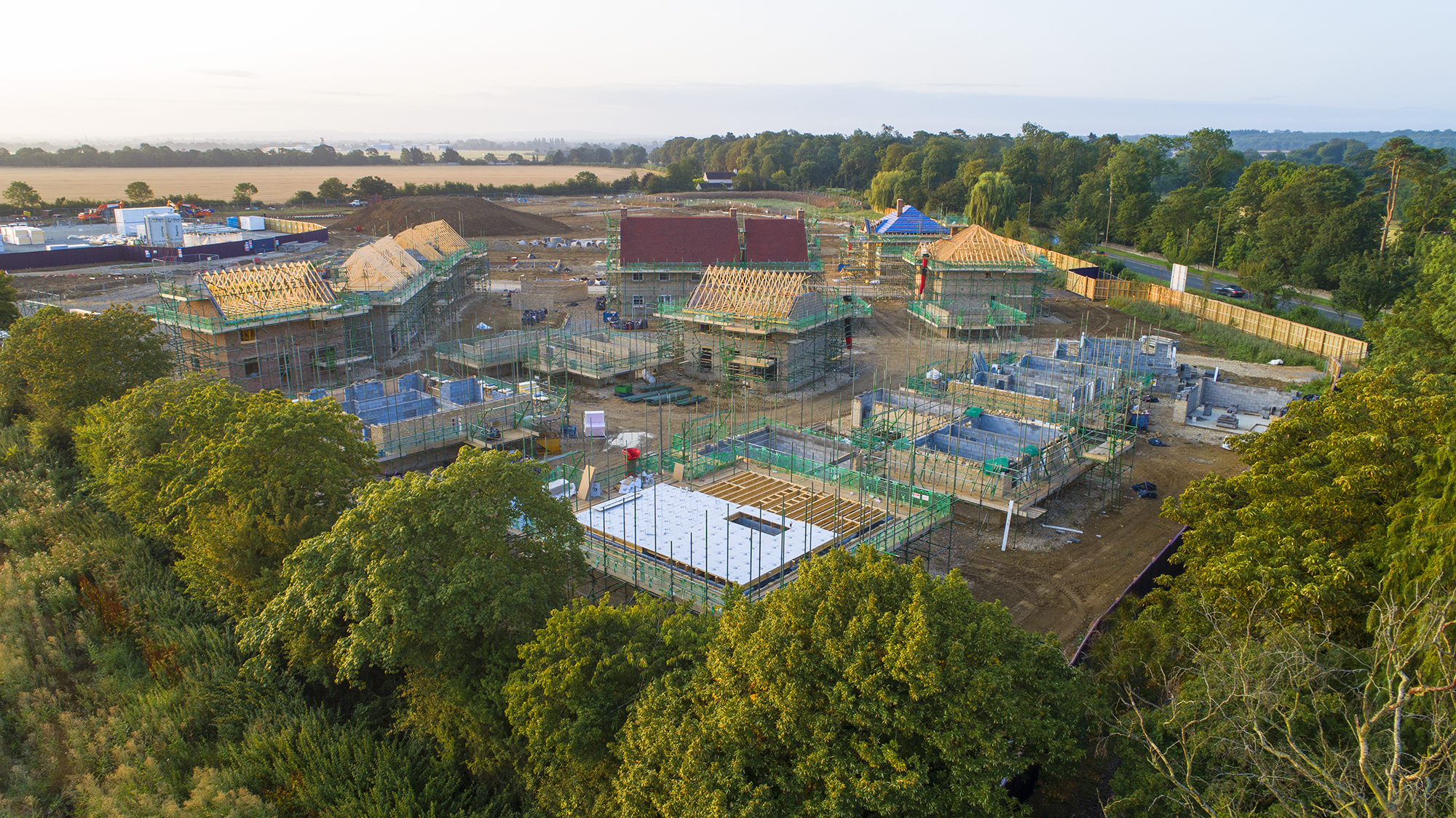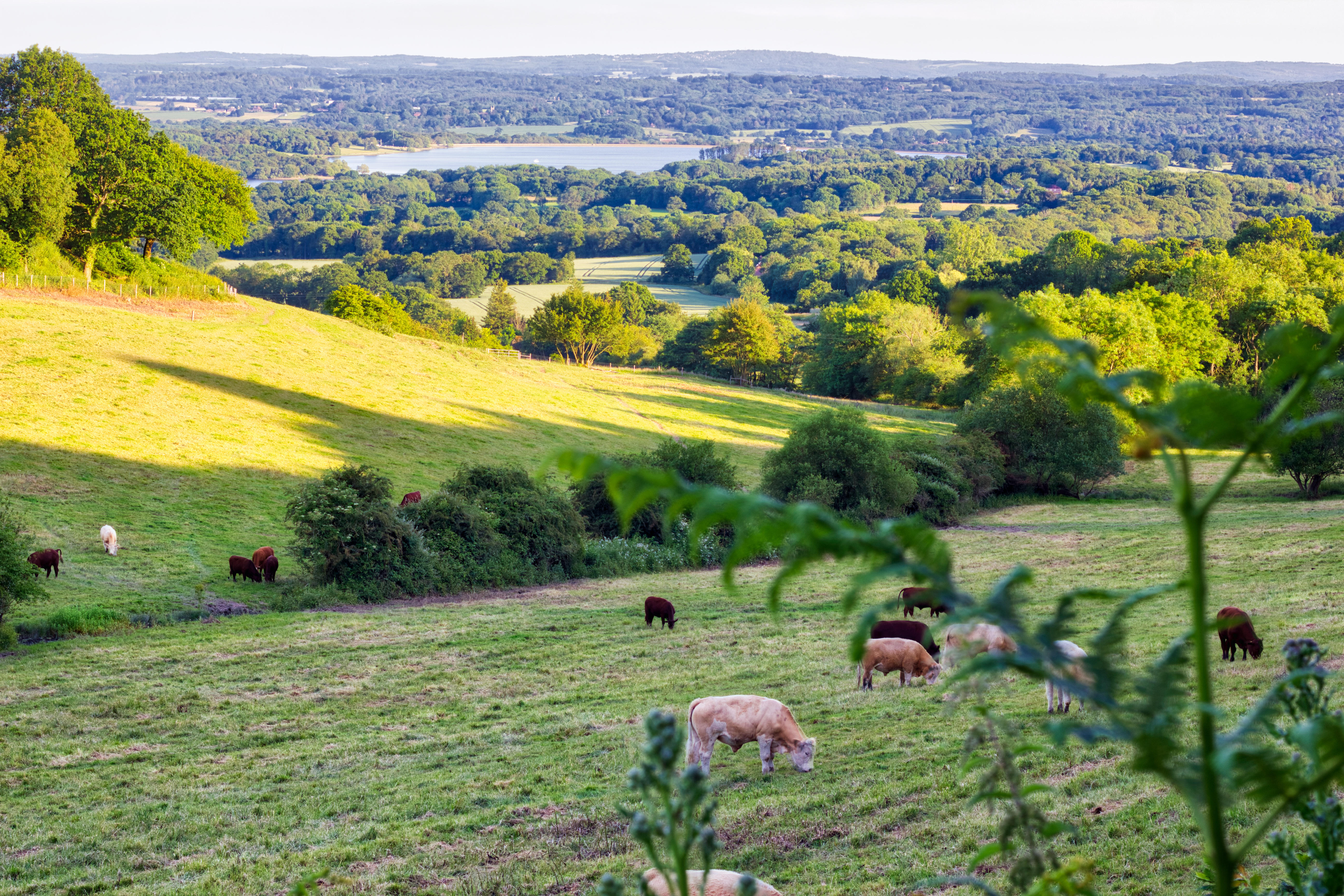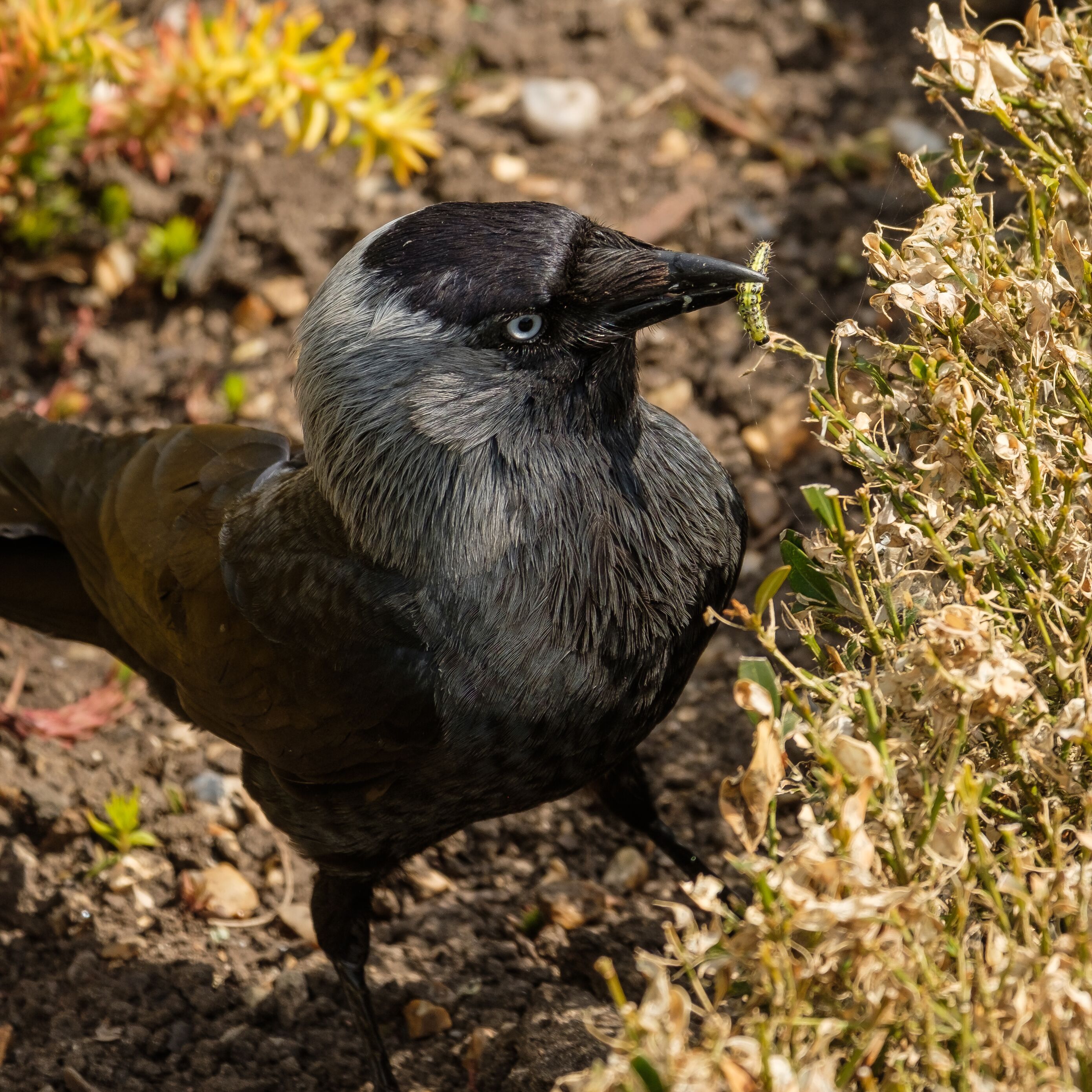Country Life Today: Time to end the 'catastrophe of the monocultural housing estate', urges Prince's Foundation
In today's round-up we bring you a report calling on landowners and developers to move away from the 'catastrophe of the monocultural housing estate' and a celebration of British farming.

'Small towns that feel more like mini-villages, which are designed to be beautiful, fit seamlessly into their local landscape' are what we need now, urges Prince's Foundation
A report by the Prince's Foundation has revealed a direct link between housing type and social benefits — so-called 'social capital', and that the homes in which we live, have a profound impact on our health and wellbeing.
Recommendations were made for better housing across the UK, providing sustainable developments and promoting long-term gains, rather than short-term profit.
'We need and deserve better standards of housing across the UK [...] and self-sustaining communities that will flourish for generations to come,' said Ben Bolgar, senior director at The Prince’s Foundation, which published the report alongside the University College of Estate Management.

'Today's report highlights the very real benefits to landowners and developers of moving away from the catastrophe of the monocultural housing estate in favour of small towns that feel more like mini-villages, which are designed to be beautiful, fit seamlessly into their local landscape and are well-connected. It is heartening to see this style of community springing up across the UK in a slowly-growing movement towards ethical, sustainable developments.'
Savills produced a financial study to go alongside the report that reveals the long-term economic benefits of taking a sustainable approach to house building.
'The findings provide clear evidence for why local authorities, policy makers, landowners, investors and developers should favour well thought out communities of which future generations will be proud,' added Ashley Wheaton, principal at University College of Estate Management.
Read the full report (Prince's Foundation)
Exquisite houses, the beauty of Nature, and how to get the most from your life, straight to your inbox.
Reduce plastics rather than replace, urge MPS
Biodegradable plastics could worsen marine pollution because there is no infrastructure in place to make sure they break down correctly.
A committee of MPs on the environment, food and rural affairs committee said the rapid introduction of such alternatives could actually increase plastic pollution.
On this day...

William Dugdale, one of England's best known antiquaries, was born in Warwickshire, on 12 September, 1605. As a scholar he was influential in the development of medieval history as an academic subject.
Celebrating and protecting our farms for future generations

Yesterday was #BackBritishFarming day, a chance to promote and protect Britain's vital farming sector for future generations.
Social media has been awash with posts of support, with farmers, politicians and members of the public sharing inspirational stories, pictures and videos.
A nation of litter louts
Britain is a nation of litter louts, according to Jeremy Paxman, patron of the Clean Up Britain group.
He will today (12 September) tell the UK’s largest waste and recycling conference that government efforts to tackle 'the soul-destroying problem' are 'utterly useless'.
The jackdaw thwarts tiresome pest

Gardeners at Ham House, Richmond, may have finally found a solution to the pesky box tree moth caterpillar.
The insects, which are widespread in the southeast, have been wreaking havoc at the estate, stripping leaves from garden hedges and risking destroying them completely.
Ham's team have struggled to control the pests, but in recent months a natural remedy has emerged in the form of the jackdaw.
Around 10 of the small crows have been spotted eating the caterpillars, and it appears they have developed a taste for the bugs.
And finally... A squirrel like you've never seen before
https://www.facebook.com/BBCSpringwatch/videos/2624723937558840/?__xts__[0]=68.ARBVLMYmZ_9HCxnkfKc-koDnVBHVs17Bj_OBetkXiFL5a034nppATGMami3wdJf1pjJAE6UGKOhLmeEQUd7Cr_wtm0r4eeD4gqXwm5_jaRD3a3AVPco087f-wa4V42QCRC1Mj6ZqV5yQFQ-FKeY3l0EmNOfR_8N6_I4nk-ICUsYYoeiCqdTeW3yAY1cCJWgmWguRHHx92IGqj2UnsYL1giAHD5SbQjrZlIf4If6y56gymPGwY6qak_D1VZcDUZSJ0CeuwlElu-X7CNhdWgls50VcyXzlPqv6VmDLpCez-rZV_k6zWy1UdN8K_TA8mslsojMYEtqe4Y8InKpcM2kwqct-dHdtKDHhXg_sBA&__tn__=-R
An albino squirrel was captured on camera in Bedfordshire this week. The rare variety of squirrel can struggle in the wild due to their brightly-coloured fur, although this one appeared to be flourishing.

Country Life Today: A £1.45 trillion investment could prepare the world for climate change
In today's news round-up, we explore how the world can prepare for climate change, find out what happened when a